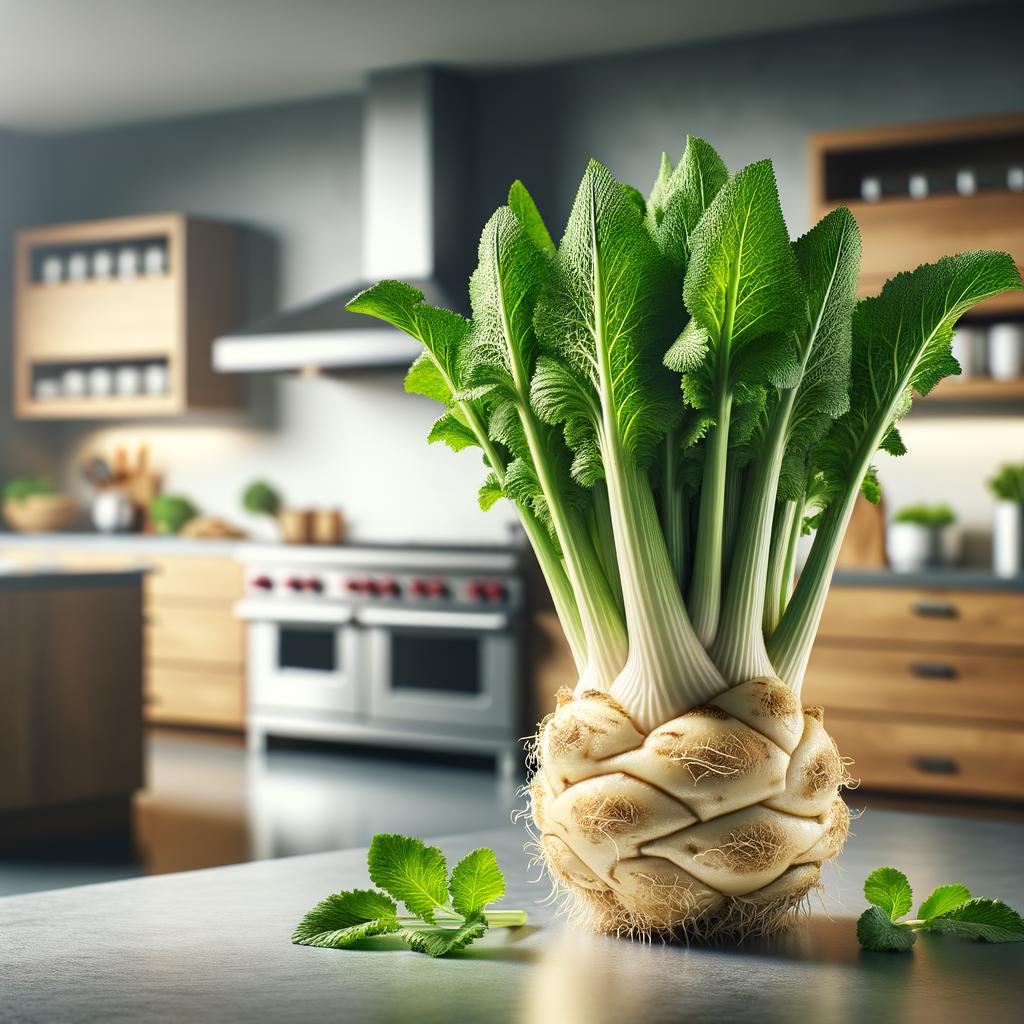Prepared Horseradish

Description
Prepared horseradish, a pungent and zesty condiment, has a unique place in the culinary world. Its creamy white color and coarse texture are visually unassuming, but one taste reveals a fiery depth that is both surprising and invigorating. Its flavor profile is a potent combination of sharp, spicy heat with a slightly sweet undertone, a testament to its unique fermentation process. What sets horseradish apart from other spicy ingredients is its heat's ephemeral nature - it hits hard and fast, but dissipates quickly, leaving behind a subtle sweetness and a craving for more.
Primary Uses
Prepared horseradish is a versatile ingredient, often used to add a spicy kick to a wide array of dishes. In Western cuisines, it's a key component in cocktail sauces, often paired with roast beef and seafood. It's also a popular addition to Bloody Mary cocktails, deviled eggs, and potato salads. In Eastern European cuisines, horseradish often graces the table during Passover, where it symbolizes the bitterness of slavery in Jewish history. Beyond its culinary uses, horseradish has been used traditionally for medicinal purposes, touted for its ability to clear sinuses and potentially boost the immune system.
History
The history of horseradish is steeped in mystery and intrigue. Its wild ancestors are believed to have originated in Eastern Europe, where it has been cultivated since antiquity. The name "horseradish" is a bit of an enigma; it has nothing to do with horses or radishes. Some believe it comes from a misinterpretation of the German "meerrettich" (sea radish), as "mare radish". Over time, horseradish spread across Europe and eventually made its way to the New World with early settlers. Its use and popularity have evolved over centuries, from a medicinal herb to a beloved condiment and an essential ingredient in various cuisines.
Nutritional Information
Despite its fiery nature, horseradish is surprisingly wholesome. It's rich in dietary fiber, vitamin C, folate, potassium, calcium, magnesium, zinc, and manganese. It also contains glucosinolates, compounds believed to have cancer-fighting properties. However, it's worth noting that its heat can be too intense for some, potentially causing digestive discomfort. When compared to other spicy condiments, like hot sauce or mustard, horseradish offers a unique combination of nutritional benefits and a distinct flavor profile that sets it apart. As with all foods, it's best enjoyed in moderation, adding a spark of flavor and a dose of nutrition to your meals.

